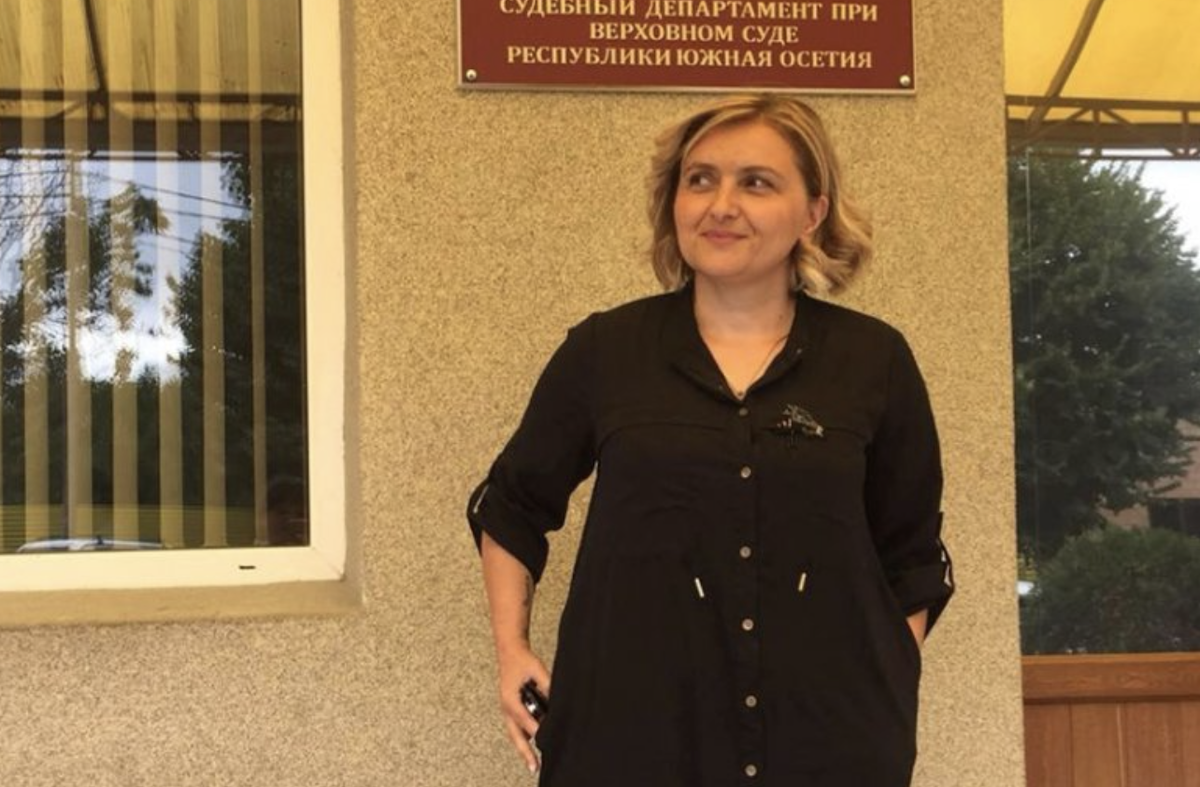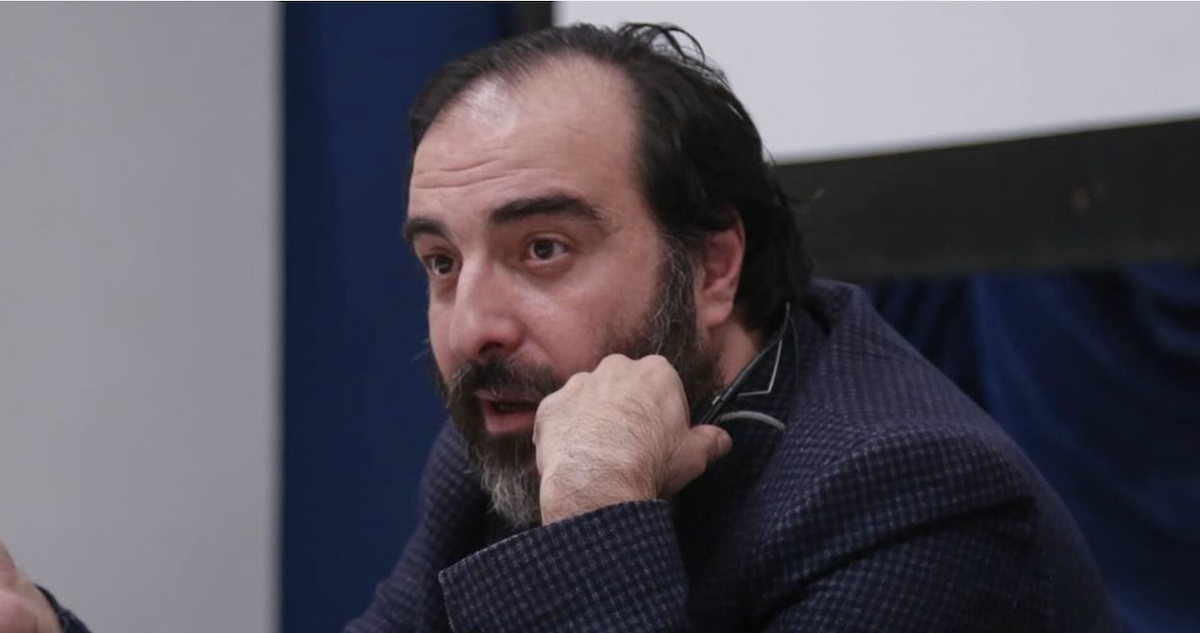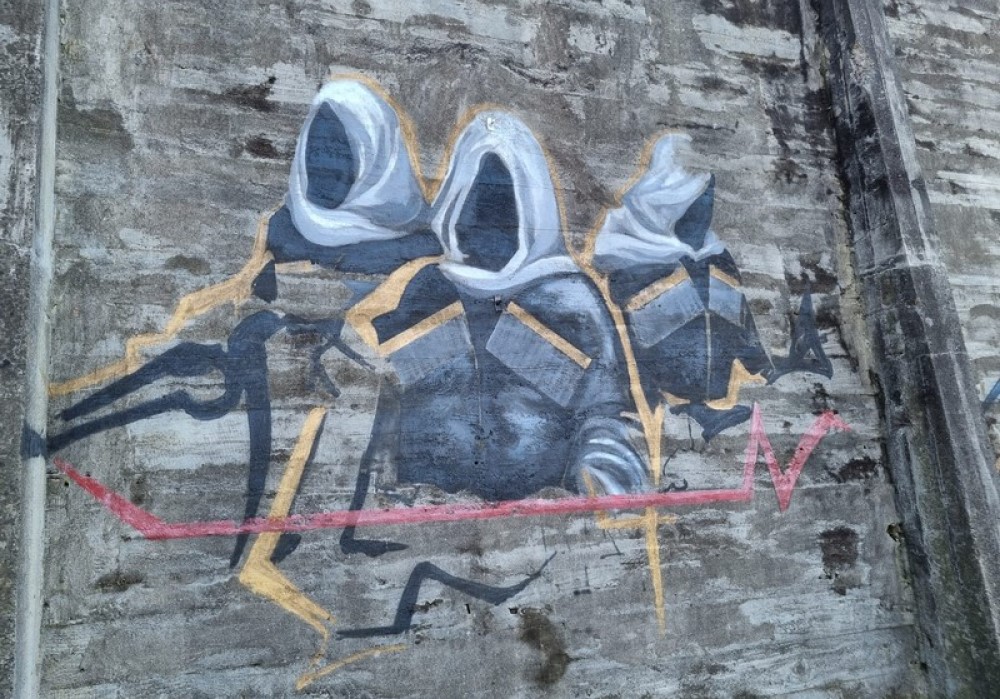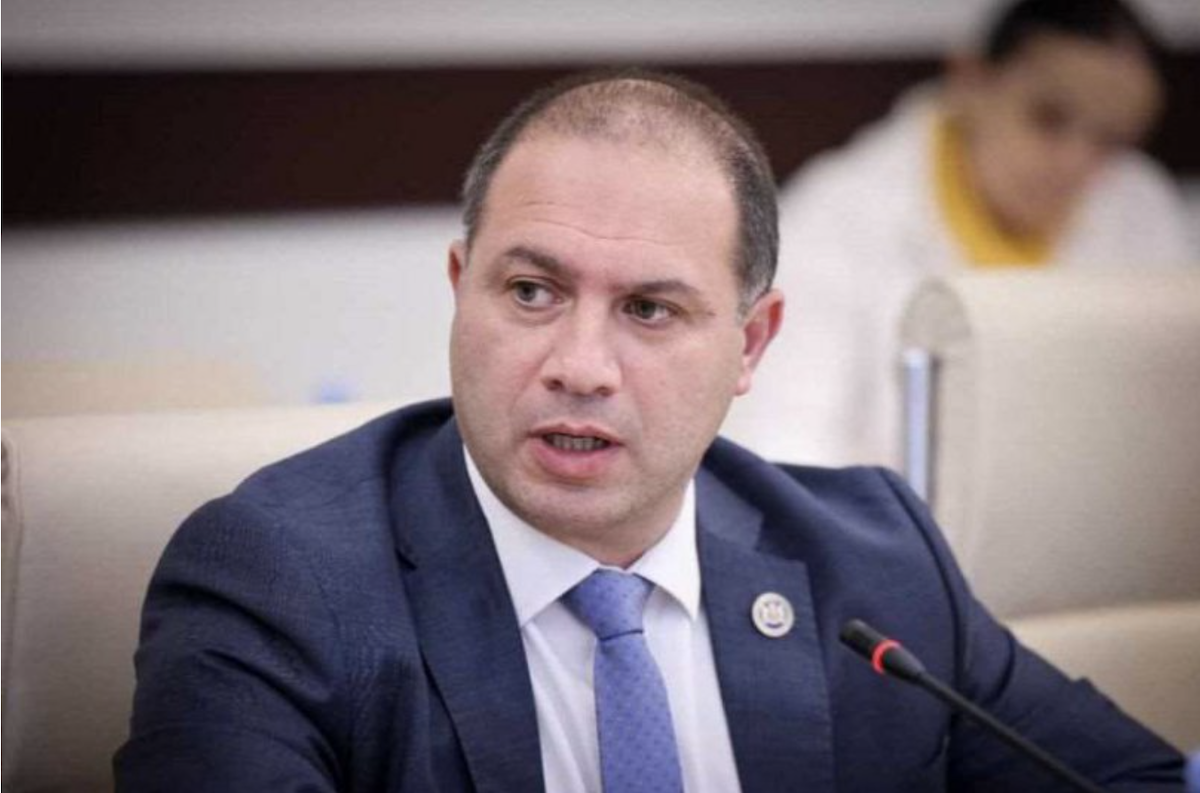Four main problems of Armenian- language education in Georgia
Lack of Teachers
The region lacks competent teachers of Armenian language and literature. For example, there are less than 30 percent of “real teachers – people with higher education, in the largest Akhalkalaki district of Samtskhe-Javakheti. A teacher of physical training or drawing may teach the native language and literature. The Armenian population of Akhalkalaki district make 95%, Ninotsminda district – 98%. It should be noted that both districts experience critical shortage of people, speaking modern literary Armenian language, who would be able to teach at schools.
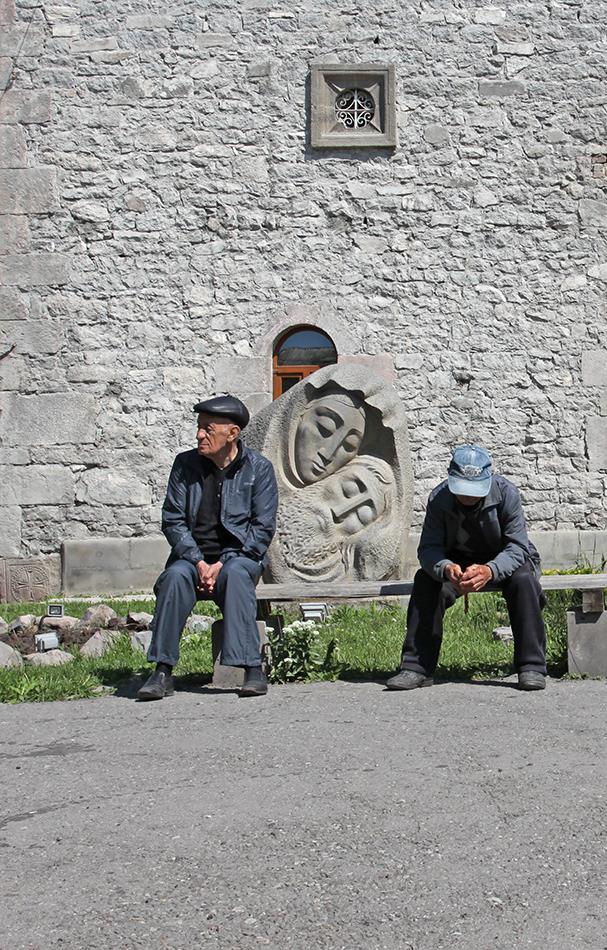
Lack of Textbooks
Armenian schools are part of Georgia’s educational system, that’s why all textbooks for these schools are compiled, translated and published in Georgia. The teachers repine: it will be fine, if textbooks are just of poor quality – technically. And God be with them, if there are only misprints. But there are factual mistakes and ridiculous inconsistencies in the textbooks. The local teachers offer the Ministry of Education to carry out a monitoring at last, to correct shortcomings and, if not change them, at least insert stuffers with corrections into the textbooks.
“This can be done more quickly if teachers from Armenian schools are involved in this process – they know exactly the book and the page, where the mistake is, suggests Seda Melkumyan, Chairperson of the “Civil Education for Legal State organization.
There is a rather complex situation with textbooks in Armenian language and literature, that were usually sent from Yerevan. Last year, those books were kept at the Customs for months and some schools did not get them at all. Neither the Ministry of Education, nor the Customs could clearly tell journalists the reason for such a delay.
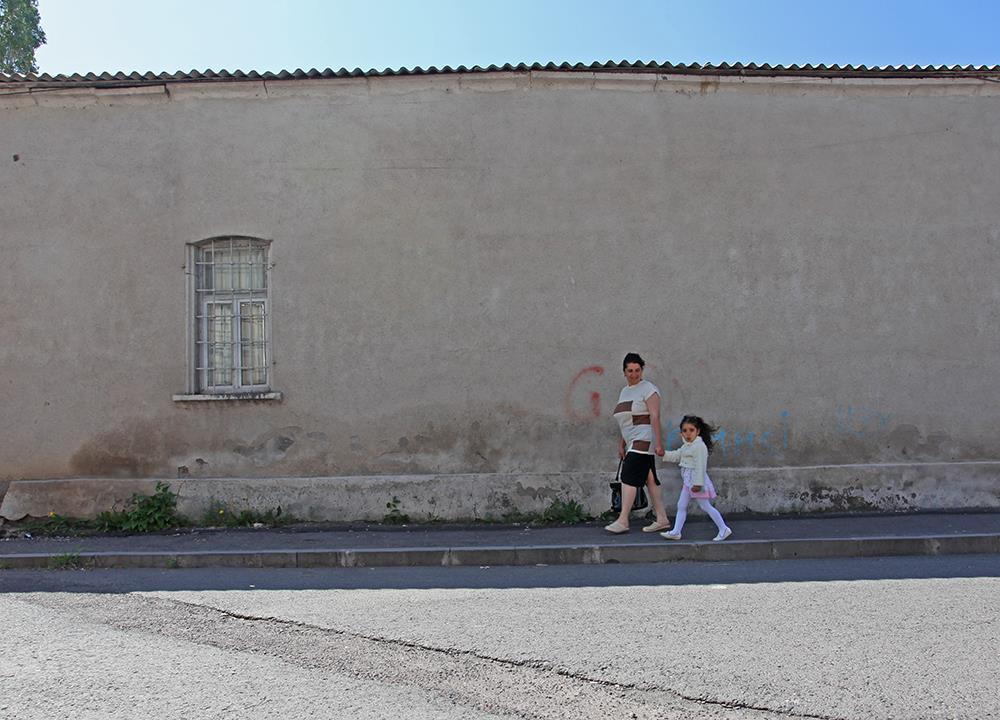
No Status
There are 77 Armenian schools in Samtskhe-Javakheti. Thousands of students study there and Armenian language is their native language and often the only language they speak in. In fact, Georgian educational system ignores Armenian language and literature as a comprehensive school subject.
Armenian language does not enjoy any status. It means that school leavers do not pass any exams in Armenian language and literature – i.e. in native language and literature. It also means that no advanced training for Armenian language teachers is foreseen: while teachers of other subjects pass quality tests, undergo certification, but there are no tests and certification for Armenian language teachers, – explains Anahit Zhamkochyan, “Civil Education Center Chairperson.
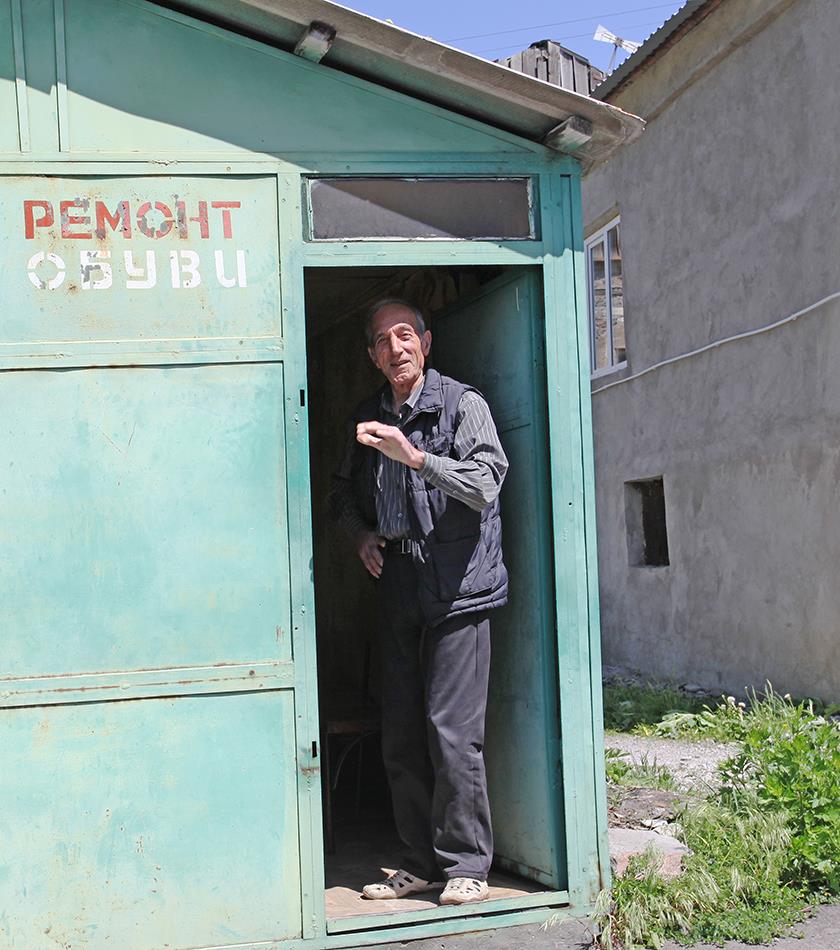
No Adequate Apprehension of the Problem
In the past years, the state Georgian language was not properly taught in the areas densely populated by ethnic minorities and Armenian school leavers rarely spoke Georgian language. Some ten years ago, several governmental programs were launched to improve teaching state language to ethnic minorities. Pretty soon, those programs yielded quite good results. However, the innovators decided not to stop and started introducing a bilingual system in all non-Georgian schools.
It was planned to conduct 30% of a lesson in Georgian language and the rest 70% in the native language of national minorities (as a rule, in Armenian, Azeri or Russian). It turned out soon that it was hard to ensure such a division. For example, two teachers were needed for one subject; the first teacher was to explain subject in Georgian language and the second one – in Armenian. However, there is still one teacher, who, as a rule, ignores “the Georgian part of his/her subject.
Thus, a student reads only 70% of the textbook and knows only part and not the whole lesson, – says Seda Melkumyan.
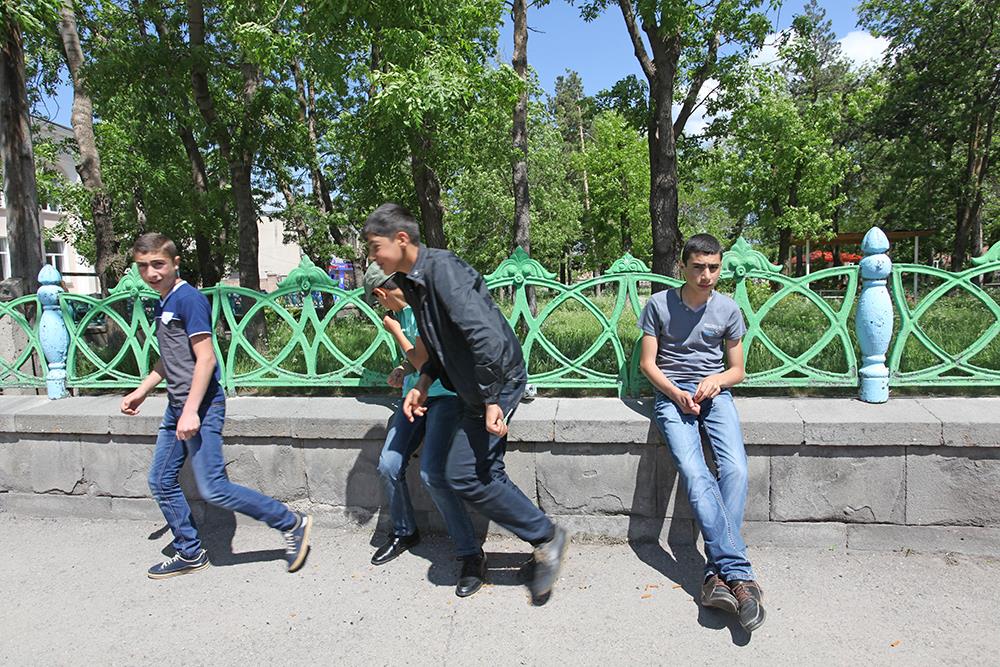
No Prospects
Education in Armenian schools of Samtskhe-Javakheti is so much specific, in general, that it does not correspond to either Georgian or Armenian system of education. This is a huge problem for school leavers.
On one hand, it is not easy to enroll into Georgian institution of higher education- knowledge of Georgian language is, as a rule, the main obstacle here. But it is also difficult to enter the higher education institution in Yerevan: we have different systems of education and rules of entering higher education institutions.
Yet, Georgia hopes to reduce migration flow from the regions densely populated by ethnic minorities through a special preferential program for national minorities. Largely due to this program, the number of school leavers from Samtskhe-Javakheti, entering Tbilisi higher education institutions, is increasing notwithstanding all difficulties.










